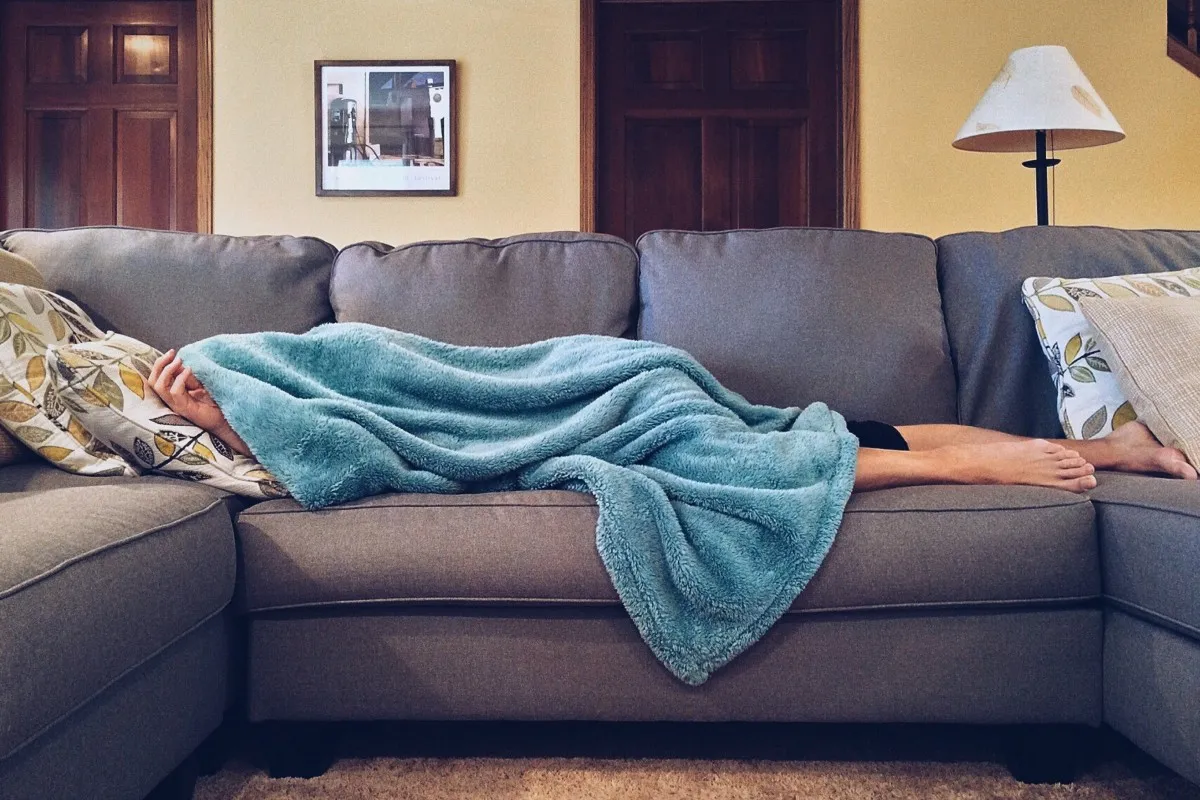If you find you are constantly waking in the morning feeling even more tired than when you went to bed, you are not enjoying a good night’s sleep. Many people suffer from restless sleep leading to constant fatigue. However, what you might not realize is that your breathing could be causing your sleep challenges. Improper breathing can also cause a plethora of other symptoms including things such as chronic headaches and migraines. Here we look at sleep-disordered breathing and how it negatively impacts your health.
What Is Sleep-Disordered Breathing (SBD)?
Sleep-disordered breathing (SDB) affects as many as 49.7% of men and 23.4% of women around the world. This is an actual disease that can lead to poor health outcomes. Sleep-related breathing disorder is not a single condition but can be sleep-related disorders such as obstructive sleep apnea, snoring, and upper airway resistance syndrome. All of these conditions are caused by anatomical airway collapse and altered respiratory control mechanisms as well as a weak muscular response in patients.
Signs and Symptoms of SBD
If you are finding you feel tired when you wake, you could have SBD. Signs of SBD include mouth breathing and snoring. Keep in mind that although snoring is one of the signs of SBD, even if you don’t snore, you can still have SBD.
In addition to snoring and mouth breathing, there are other symptoms you might experience including:
- Excessive daytime sleepiness (EDS)
- Lack of concentration and/or forgetfulness
- Headaches in the morning
- Feeling depressed
- Night sweats
- Weight gain
- General fatigue
- Sexual dysfunction
- Nocturia (waking to urinate)
A lack of sleep can also lead to serious chronic health issues including cardiovascular disease, diabetes, anxiety, depression, fertility/reproductive issues, chronic pain, obesity, Alzheimer’s, and early death. It can be challenging to know if you have SBD as many of these issues and symptoms can be unrelated. A professional sleep consultation can help identify SBD.
Why? This happens from decreases in oxygen to your brain and body repeatedly, for three seconds or more, over and over again, night after night. In children, undiagnosed and/or untreated sleep related breathing disorders can be associated with cardiovascular problems and impaired growth, as well as learning and behavioral problems.
How Can Myofunctional Therapy Help?
Myofunctional therapy has been shown to be an effective treatment for SBD. It reduces snoring while providing a natural treatment that does not cause side effects. Evidence also shows it as a positive effect to reduce sleep apnea. It is a non-invasive treatment using exercises designed to strengthen throat muscles and reduce obstructions of the airways. It is one of the best first steps to try to reduce symptoms of SBD as it is safe and allows patients to perform exercises easily throughout the day.
Therapy includes instruction on a series of exercises training the oropharyngeal muscles. These muscles include those found in the tongue, sides of the throat, tonsils, adenoids, and soft palate. Also known as “oropharyngeal exercises” patients can learn to breathe through the nose. However, the exercises also strengthen loose skin in the throat that can obstruct airways. Techniques work the same way as any other exercise program, where training muscles tighten and strengthen over time.
Schedule A Consultation for Sleep-Disordered Breathing
Reteaching your body to breathe correctly is the best way to combat sleep-disordered breathing. Through practice and therapy, you can retrain your body to breathe through your nose and be on your way to a better, more peaceful sleep.
If you believe you have sleep-disordered breathing, or simply aren’t sure, schedule a consultation or virtual appointment with Dr. Liz Turner so she can assess your unique situation.
Want to learn more about sleep and airway health? Check out our Ultimate Guide to Sleep-Related Breathing Disorders.
